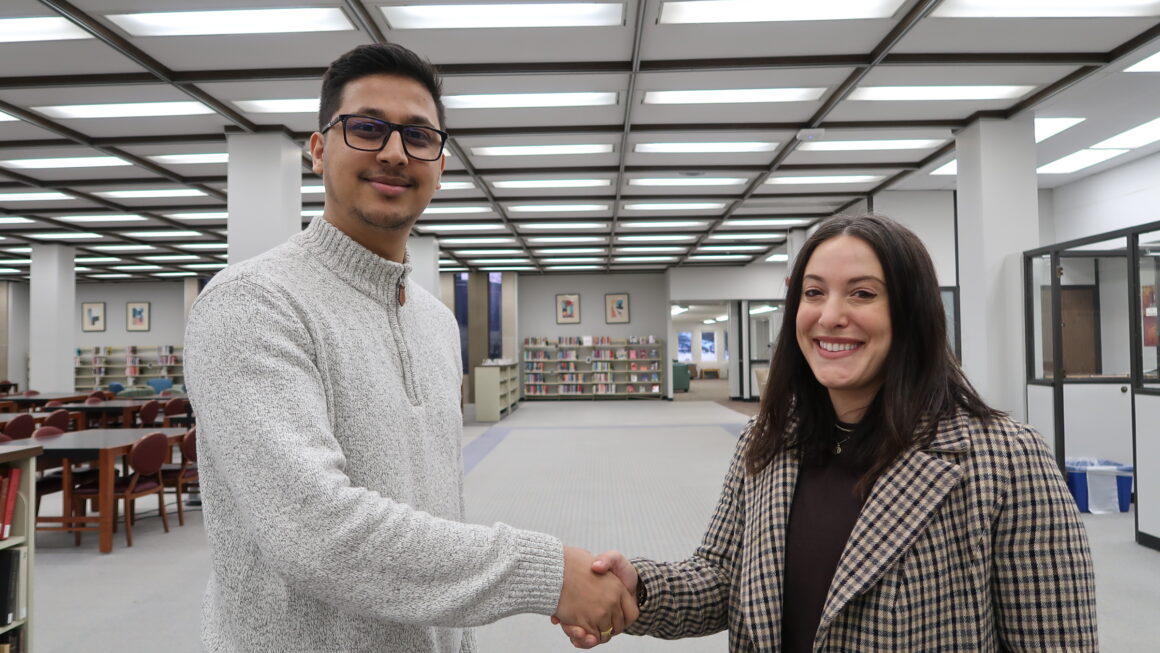This summer, the Loyola Libraries are excited to bring you the World Cup of Books, an interactive program to encouraging reading books from other countries. Show your support for your favorite team by reading books from and about their country!
Today’s match-ups include France v Peru, Denmark v Australia and Argentina v Croatia.
FRANCE: Unreconciled: Poems, 1991-2013 by Michel Houellebecq , translation by Gavid Bowd
A shimmering selection of poems chosen from four collections of one of France’s most exciting authors, Unreconciled shines a fresh light on Michel Houellebecq and reveals the radical singularity of his work. Drawing on themes that are similar to the ones in his novels, these poems are a journey into the depths of individual experience and universal passions.
Divided into five parts, Unreconciled forms a narrative of love, hopelessness, catastrophe, dedication, and―ultimately―redemption. In a world of supermarkets and public transportation, indifferent landscapes and lonely nights, Houellebecq manages to find traces of divine grace even as he exposes our inexorable decline into chaos. -Amazon
Find it here or at Lewis Library Display!
PERU: The Blue Hour by Alonso Cueto, translated by Frank Wynne
Adrián Ormache, a high-flying lawyer with a beautiful wife and two daughters, leads a privileged and glamorous life in one of Lima’s wealthiest neighborhoods. But when his mother dies, he discovers a letter among her possessions making shocking claims about her now long-dead husband, Adrián’s father—a commander in the army during the Peruvian Civil War of the 1980s. As well as being linked to atrocities committed against the “Shining Path” guerrillas, it appears that he also kidnapped and kept a local girl, whose family now seeks retribution. Shocked out of his comfortable existence, Adrián becomes obsessed with finding the girl at the heart of the mystery, and sets out to face the harrowing realities of Peru’s recent past and uncover the truth about his father.
Request it here or grab it at the IC Display!
DENMARK: The Murder of Halland by Pia Juul, translated by Martin Aitken
When Halland is found murdered almost right outside his door, his widow, Bess, is of course the prime suspect. She isn’t worried about that, though, but about the daughter she abandoned years ago. As the police investigate, the slightly cantankerous Bess instead follows a trail of her own regrets and misapprehensions.
Atmospheric and haunted by the uncanny, The Murder of Halland is anything but your typical whodunnit. It won Denmark’s most important literary prize, Den Danske Banks Litteraturpris, and its English translation was longlisted for the IMPAC Dublin Prize.
Request it here or grab it at the IC Display!
AUSTRALIA: Inland by Gerald Murnane
Murnane’s learned novel (after Barley Patch), published in his native Australia in 1988, goes a long way toward capturing why he’s been dubbed the Australian Italo Calvino. Like the Italian postmodernist, Murnane is a writer of deceptive simplicity, whose work is, first and foremost, about itself. In this case, a writer, ensconced in “the library of a manor-house” in a Hungarian village he prefers to leave unnamed, works in his native “heavy-hearted Magyar” language. At first, he seems to be writing to his editor, a woman who lives in South Dakota (“in the town of Ideal”), but he soon concedes—or realizes—that no such woman exists. She is—like the book he’s writing, an endless project filling endless pages—a creation of his pen who is, anyway, soon replaced by the memory of “the girl from Bendigo Street,” among other imaginative flights. Our nameless narrator reads and writes and discovers that the page is truer than life. “The only signs I am sure of are signs in words,” he concludes. So will a certain type of philosophically inclined reader with a penchant for existentialism and the paradoxically contrasting depth of literature. Find it here!
ARGENTINA: Zama by Antonio Di Benedetto, translated by Esther Allen
“First published in 1956, Zama is now universally recognized as one of the masterpieces of modern Argentinean and Spanish-language literature. Written in a style that is both precise and sumptuous, Zama takes place in the last decade of the eighteenth century and describes the solitary, suspended existence of Don Diego de Zama, a highly placed servant of the Spanish crown who has been posted to Asunci on, the capital of remote Paraguay. Eaten up by pride, lust, petty grudges, and paranoid fantasies, DonDiego does as little as he possibly can while plotting an eventual transfer to Buenos Aires, where everything about his hopeless existence will, he is confident, be miraculously transformed and made good. Don Diego’s slow, nightmarish slide into the abyss is not just a tale of one man’s perdition but an exploration of existential, and very American, loneliness. Zama’s stark, dreamlike prose and spare imagery make every word appear to emerge from an ocean of things left unsaid”– Don Diego de Zama, a lowly Spanish crown servant, is posted to a remote Paraguay capital and plots a transfer to Buenos Aires, as he sinks into despair, torn by petty grudges, loneliness, and paranoia. Request it here or grab it at the IC Display!
CROATIA: The Museum of Unconditional Surrender by Dubravka Ugresic, translated by Celia Hawkesworth
Ugresic has designed this fragmented narrative of war-ravaged contemporary Eastern Europe carefully, so that her portrait of the stalwart but traumatized citizens, offered as a series of closeups, is not entirely available until the very last piece has fallen into place. The bulk of the book’s narratives describe the lives of characters in various socioeconomic cubbyholes in major Central and Eastern European cities such as Berlin and Moscow; these translucent and occasionally magic-realist stories of transformation illustrate the repercussions of change within the private sphere convincingly and sometimes whimsically. In one episode, four young women playing cards are visited by a man claiming to be an angel. He gives a small feather to three of the four; upon swallowing the feather, these woman find that their lives are changed. In a pair of linked narratives, an elderly mother wonders about her middle-aged daughter, living far away from her; the daughter, in turn, imagines her mother’s immigration from Bulgaria to Yugoslavia in 1946. Ugresic balances close observation of private moments with prescient (if seemingly randomly offered) sociological and historical insights, peppering the book with eye-catching quotes by Shklovsky, Nabokov and others that help to describe how the independent existences of city dwellers might reflect the lives of entire countries. Ugresic pries deeply into the lives of her subjects, using many personal and luminous details to make this muralistic work all the more affecting. As the book progresses, images repeat and harmonize across narrative boundaries to create a grim but uplifting picture. -Publisher Weekly Find it here!


